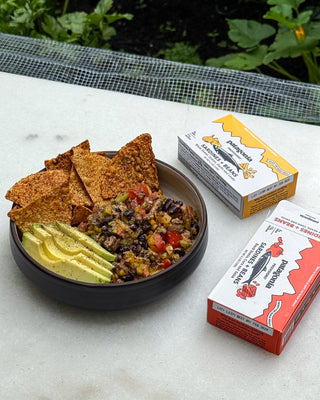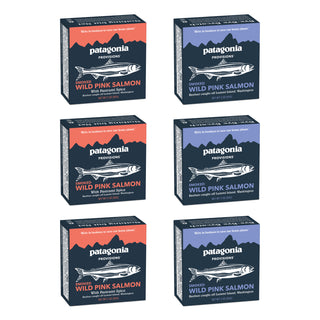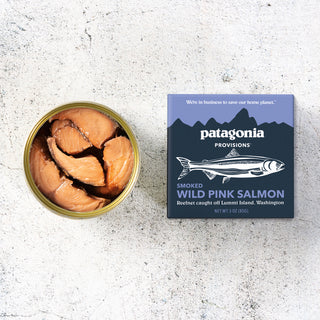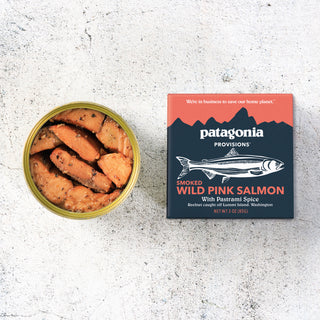All tomatoes aren’t created equal—and we believe that starts in the soil. When soil is healthy, it contains more microorganisms than there are stars in the sky. A growing number of studies suggest that boosting this microbial diversity, the priority of organic and regenerative agriculture, makes fruits, vegetables, nuts, and grains more nutritious.
The soil-nutrition link
Soil is the foundation of life, producing nutrients and bioactive compounds that make their way to us though the plants we eat. Industrial agriculture, which began shortly after World War II and provides most of the food we eat, typically degrades soil quality. It can impact nutrition, too: A study in the Journal of the American College of Nutrition, covering 43 crops from 1950 to 1999, showed a decline in most nutrients, including protein, riboflavin, and vitamin C. Another, in HortScience, pointed to the doubling of grain yields during the same period, but steep drops in their protein content—a cause for alarm, given that grains are a global staple.
On the flip side, studies suggest that healthier soil produces more nutrient-dense plants. A 10-year study at the University of California found that organic tomatoes had higher levels of flavonoids (which fight cancer) than conventionally grown ones. Researchers in Ireland found a similar connection when looking at antioxidants in onions. And at the Rodale Institute, where farmers have been trialing conventional and organic methods side-by-side since 1981, they’re finding that organically grown crops pack more nutrients. One study there showed higher levels of an antioxidant called ergo, which may reduce the risk of Alzheimer’s, in organic, no-till oats; another found higher levels of amino acids in organic wheat.
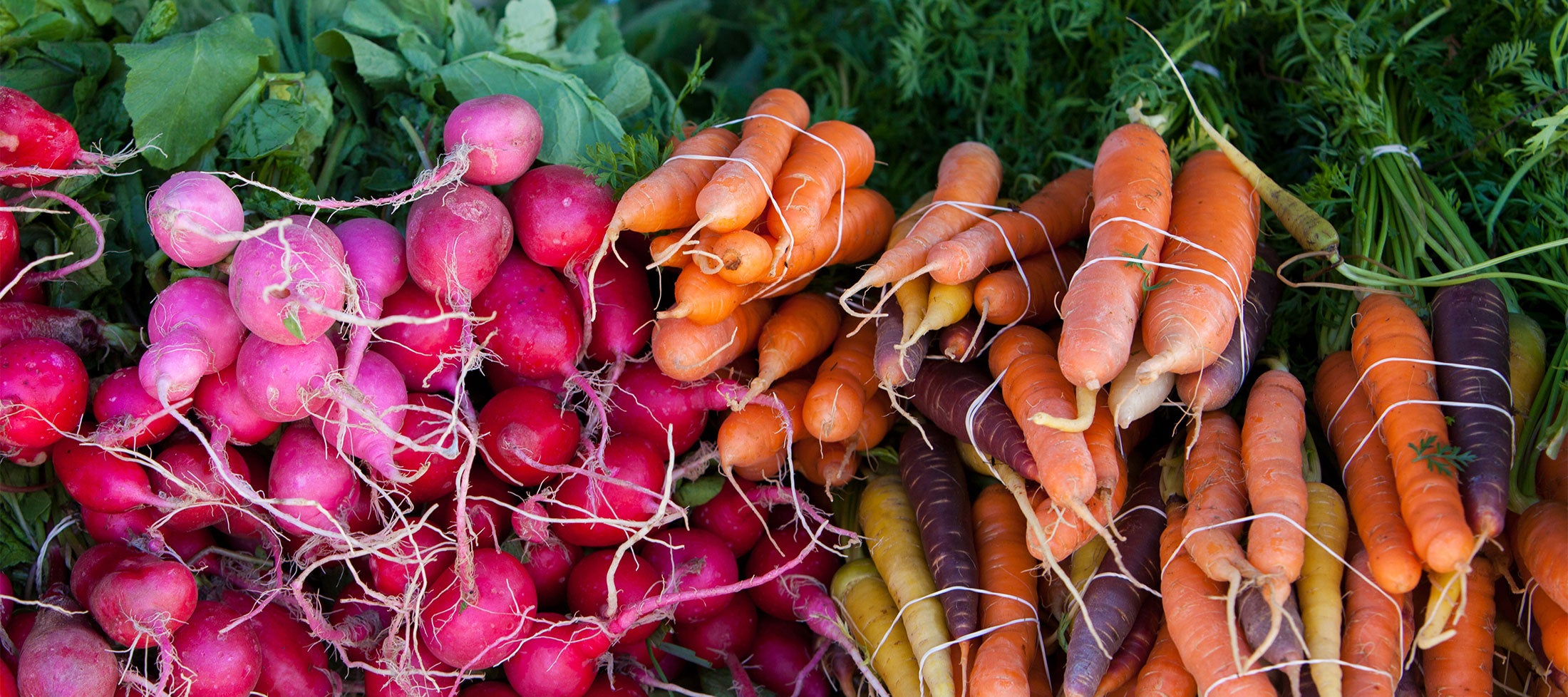
From the soil to the gut microbiome
Just as the soil is its own universe, so too is the human gut. Trillions of bacteria live in our stomach and intestines, which help regulate immunity and reduce inflammation. A diverse gut microbiome has been linked to a lower risk of type 2 diabetes, cognitive decline, and other chronic diseases.
Modern diets, high on processed food grown in conventional soil and low on organic produce, have depleted our guts. One study, cited by Dr. Emeran Mayer in his bestselling book The Mind-Gut Connection, found that the gut microbiomes of North America urbanites are roughly 40% less diverse than those of people in hunter-gatherer societies, where modern agriculture hasn’t taken hold. Experts at places like One Health at the Centers for Disease Control believe this suggests a direct, important link between soil health and gut health, one worthy of further exploration.
Scientists and farmers all over the world are working on the kind of long-term, carefully controlled tests that can conclusively prove the connection between nutrition and the kind of rich, fertile soil that’s produced by organic and regenerative practices. In the meantime, there’s no reason not to proceed in the direction of less harm and clear good, for humans as well as the earth.

